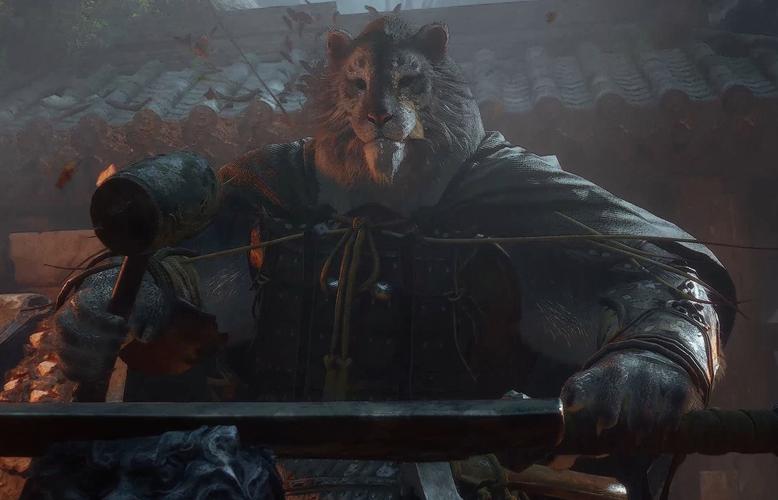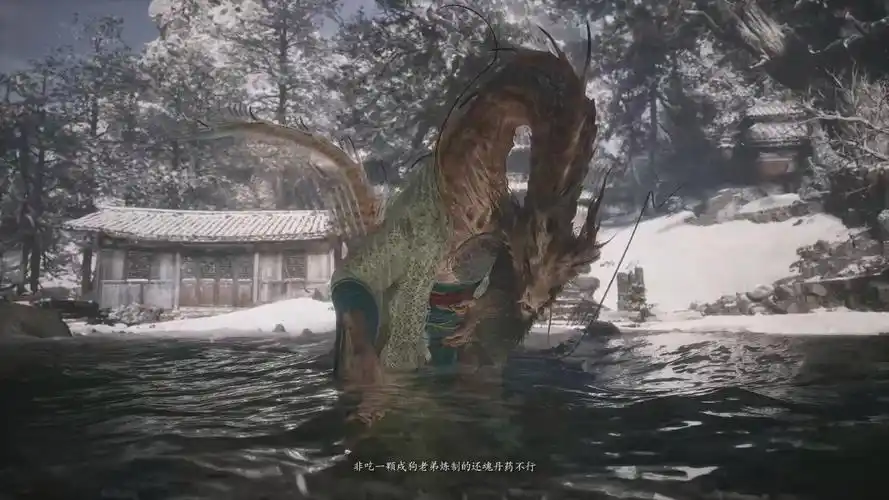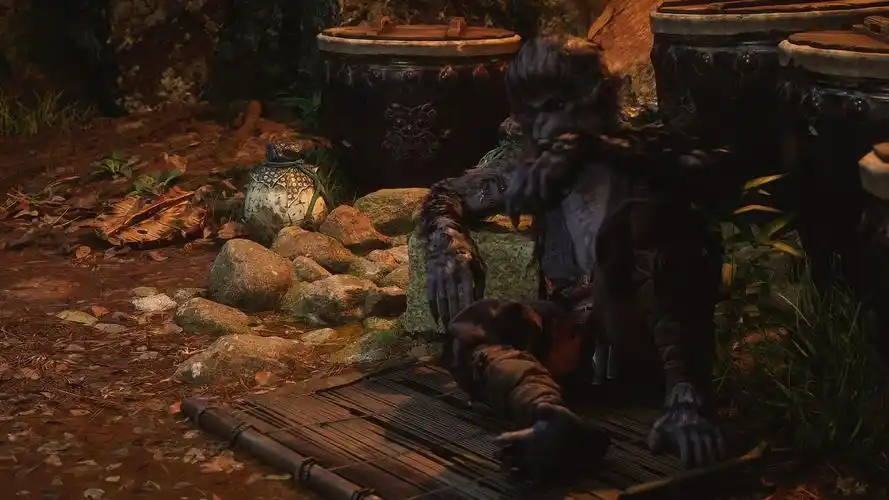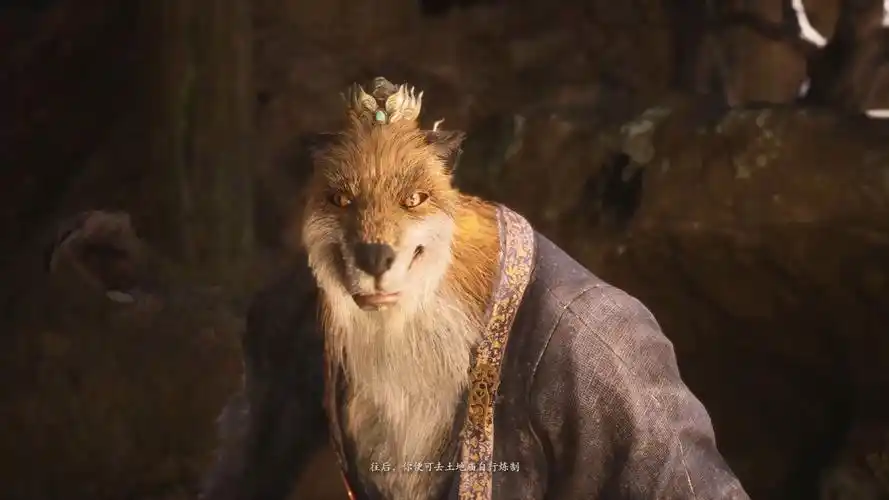In a previous chapter, we discussed encountering the Kang-Jin Star at Bitter Lake. Today, we will delve deeper into two characters similar to Xu Dog, belonging to the Six Ding and Six Jia: Chen Loong and Yin Tiger.
To understand Chen Loong and Yin Tiger, one must first comprehend Six Ding and Six Jia. In Chinese Taoist culture, the Six Ding and Six Jia are Divine Protectors, commonly considered as Divine Generals of the Celestial Realm. They are tasked with safeguarding Taoist Priests, practitioners, and all sentient beings. Their origins and functions are thoroughly documented in Taoist scriptures and folk beliefs.
The Divine Generals among the Six Ding and Six Jia include both male and female figures. However, their gender division is actually based on the characters “Ding” and “Jia.” All Six Ding are female deities, while the Six Jia are male deities.
The terms “Ding” and “Jia” in “Six Ding and Six Jia” are two of the Heavenly Stems used in ancient China for timekeeping, part of the system of Heavenly Stems and Earthly Branches. There are ten Heavenly Stems and twelve Earthly Branches in total. The Six Ding and the Six Jia each represent six Divine Protectors, collectively making up twelve.
In fact, the relationship between Six Ding and Six Jia and the Chinese Zodiac is not clear-cut. In Taoist culture, there are the “Twelve Celestial Generals” who govern the months, aligned with the twelve Earthly Branches. Some cultural interpretations and folktales suggest that since the Twelve Celestial Generals are related to the Heavenly Stems and Earthly Branches, they also correspond to the Chinese Zodiac. Some temple statues of these Celestial Generals feature crowns adorned with each of the twelve zodiac animals. Thus, over time, the Six Ding and Six Jia may have also become associated with the Chinese Zodiac.
Six Ding and Six Jia also have a direct superior, who is well-known to many as the True Martial Great Emperor. In some Taoist scriptures, Six Ding and Six Jia serve as generals under the True Martial Great Emperor, often summoned by Taoist Priests using Talismans to command the winds and thunder, subduing ghosts and Immortals. There is even a protective charm for Six Ding and Six Jia that significantly enhances the defensive capabilities of Taoist Priests. The reason why Six Ding and Six Jia are under the command of the True Martial Great Emperor is because, within Taoism, he is regarded as a being who subdues demons and vanquishes evil. As Protector Immortals specialized in combat, Six Ding and Six Jia naturally follow one who is dedicated to these tasks.
The worship of Six Ding and Six Jia can be traced back to ancient Chinese constellations and the veneration of Immortals. Over the dynasties, this evolved within Taoism into a systematic network of Protector Immortals. Their images and functions are described in Taoist scriptures. Six Ding and Six Jia not only play a role in religious ceremonies but are also believed by the general populace to safeguard the well-being of the faithful. Revered by many, especially in a context of a belief in their responsive powers, they are seen as guardian deities.
In the study of Feng Shui, Six Ding and Six Jia are also regarded as Immortals capable of adjusting Feng Shui and protecting homes from evil, ensuring peace and tranquility. Six Ding and Six Jia are typically depicted as formidable Heavenly Soldiers and Generals, wielding various weapons and clad in armor. They symbolize justice, strength, and divine protection. In many Taoist rituals, Six Ding and Six Jia are essential figures, widely venerated and worshipped. Their names often appear on Taoist Talismans and Ritual Implements.
As an integral part of Taoist culture, Six Ding and Six Jia reflect ancient Chinese beliefs in Immortals, power, and protection, and have become indispensable symbols in Taoism and folk beliefs over thousands of years of evolution.
In the Black Myth, Six Ding and Six Jia were originally escorts of merit but were demoted to the mortal realm due to their close association with Sun Wukong. Chen Loong, Yin Tiger, Xu Dog, and Shen Monkey were all implicated because of Sun Wukong and were also sent down to the human world. Erlang Shen orchestrated a plan that sent Chen Loong, Yin Tiger, Xu Dog, and Shen Monkey to the mortal world with a magical scroll, waiting on the destined path to aid the destined one.
When they encountered the destined one, Chen Loong and Xu Dog cooperated to test whether the destined one was qualified. In the game, after passing the test, the destined one would receive a magical scroll. So why did Chen Loong discard the elixir? In fact, it was a prank by Xu Dog, intended as a test for the destined one. Seeing Xu Dog’s “prank,” Chen Loong realized that the destined one had already met Xu Dog, so discarding the elixir was of little consequence.
In the story of Yin Tiger, it is known that Sun Wukong had a very good relationship with Six Ding and Six Jia, behaving in a very casual manner. During conversations with Yin Tiger, they reminisced about their long-standing friendship, even having a grand drinking session in the Yuan Chen Palace. The story of Chen Loong and Shen Monkey mentioned that later, Sun Wukong committed an offense and was punished by the Celestial Realm. Close associates such as Shen Monkey, Yin Tiger, Xu Dog, and Chen Loong were implicated due to their connection with Sun Wukong and were demoted. Fortunately, Erlang Shen was also scheming to help Sun Wukong, and thus smoothly sent the magical scroll, aiding the four to assist the destined one they would later encounter. Although they joked and grumbled about it, they all ended up helping the destined one.
Furthermore, from the original text of *Journey to the West*, it is evident that when Sun Wukong was in the Celestial Court, he often roamed and gathered with Six Ding and Six Jia, who were very good friends. Therefore, it is understandable why Chen Loong, Yin Tiger, Xu Dog, and Shen Monkey helped both Sun Wukong and the destined one in the game.
and Shen Monkey helped both Sun Wukong and the destined one in the game.
